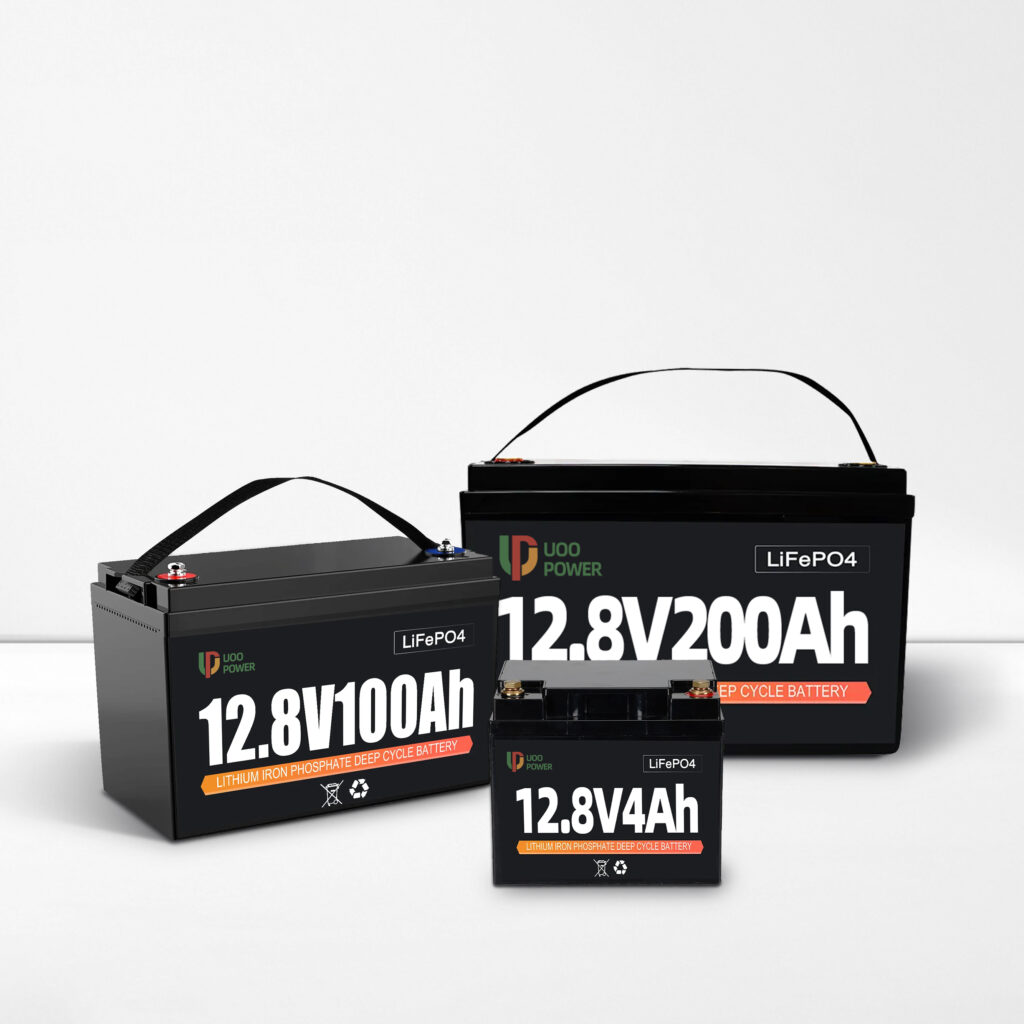
Lithium – ion batteries (Li – ion batteries) are a type of rechargeable electrochemical energy storage device that relies on the movement of lithium ions between the positive and negative electrodes to realize the charging and discharging process.Lithium-ion batteries are also known as lithium batteries.
During charging, lithium ions detach from the positive electrode, move through the electrolyte, and intercalate into the negative electrode, with electrons flowing through an external circuit to balance the charge. When discharging, the reverse process occurs: lithium ions leave the negative electrode, travel back to the positive electrode, and electrons flow through the external circuit to power the connected device. This reversible ion movement is the core principle that enables lithium – ion batteries to store and release energy efficiently.
Lithium – ion batteries have gained widespread application across various fields due to their superior performance characteristics such as high energy density, long cycle life, and relatively low self – discharge rate.
In the consumer electronics sector, they are the dominant power source for smartphones, laptops, tablets, and digital cameras. Their high energy density allows these devices to be compact and lightweight while maintaining a sufficient operating time between charges. For example, a typical smartphone battery can support a full day of moderate use, which is largely attributed to the efficient energy storage of lithium – ion technology.
The automotive industry has also embraced lithium – ion batteries as a key component of electric vehicles (EVs). They provide the necessary power to drive the vehicle’s motor, offering a viable alternative to traditional internal combustion engines. EVs powered by lithium – ion batteries produce zero tailpipe emissions, contributing to reducing environmental pollution. Moreover, advancements in battery technology have increased the driving range of EVs, making them more practical for daily use and long – distance travel.
In the field of energy storage systems, lithium – ion batteries play a crucial role in integrating renewable energy sources like solar and wind. These renewable energy sources are intermittent, and lithium – ion batteries can store excess energy generated during peak production periods and release it when demand is high or production is low, ensuring a stable and reliable power supply. They are also used in backup power systems for homes, businesses, and critical infrastructure, providing emergency power during grid outages.
Additionally, lithium – ion batteries find applications in medical devices, such as portable defibrillators and insulin pumps, where reliable and long – lasting power is essential. They are also used in aerospace and military equipment, where their high performance and lightweight properties are highly valued.
In summary, lithium – ion batteries have become an indispensable part of modern life, driving advancements in technology and contributing to a more sustainable energy future through their diverse applications.
